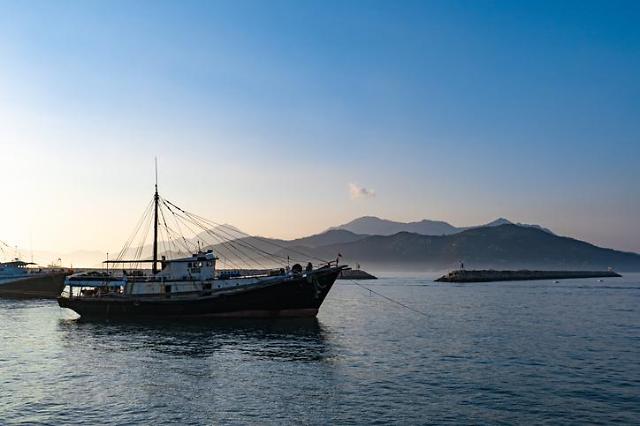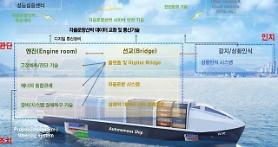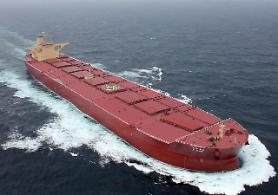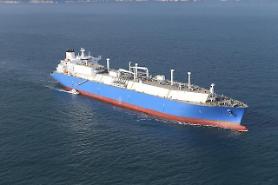
[Gettyimages Bank]
The Ministry of Maritime Affairs and Fisheries would kickstart the new service from January 30 to provides sea traffic conditions and information on accidents, weather and dangerous situations. Vessels of less than three tons can use a smartphone app, and bigger ships can use a dedicated terminal.
In a statement on January 28, the ministry exposed self-confidence over the efficiency and reliability of the navigation service, saying it is technically ahead of Europe's sea traffic management (STM) project aimed at enhancing the safety of maritime transport. South Korea aims to test its navigation technology for ships operating on European routes through cooperation with Denmark, Sweden, Australia and China.
For its new service, South Korea has established a high-speed digital network backed by 263 base stations and nine network operating centers. An automatic voice guidance service will be provided when there is a risk of collision. Various information like weather, ship location and accidents are provided to identify potential risk factors.
A rescue request will be automatically connected to the operation center. The navigation service supports remote medical care by naval vessels and provides voice guidance on very high frequency (VHF) communication channels and safety precautions with the control room automatically when a merchant ship enters a controlled area.
The traditional electronic navigation chart should be updated manually and collision prevention depends on the naked eye or radar. But the new service enables automatic updates, monitors the operational status of passenger ships in real-time, automatically reports port entry and departure by fishing boats, and allows voice and video communication between ships.
South Korea has stepped up efforts to become a global leader in shipbuilding, smart voyage and unmanned sailing. An integrated government task force was launched in June 2020 to develop core technologies for autonomous ships and prepare a foundation for early commercialization through systematic demonstration, using new technologies such as artificial intelligence, big data and internet of things.
The task force aims to develop an intelligent navigation system, an engine automation system, a communication system and a land operation system. South Korean shipbuilders have tried hard to develop smart ship technologies.
Copyright ⓒ Aju Press All rights reserved.



